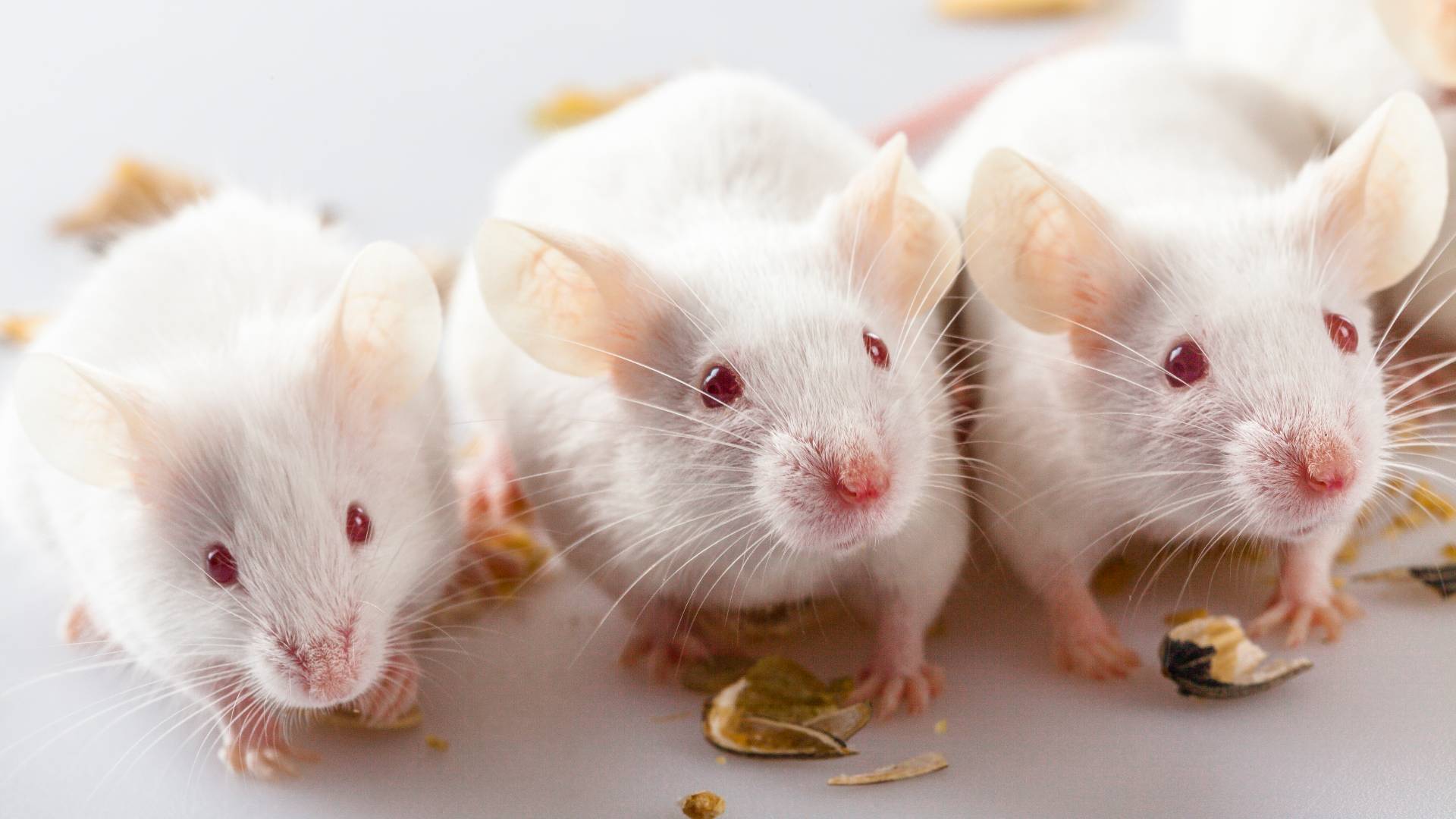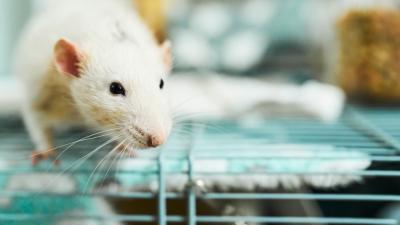Doctors Group Files Complaint Against Texas Tech University System Over Research Using Mice
Group Calls Studies “Preposterous and Unethical”

WASHINGTON, D.C. — The Physicians Committee for Responsible Medicine, a national nonprofit with more than 17,000 doctor members, filed a complaint today, Nov. 3, 2022, against the Texas Tech University System relating to three animal studies at Angelo State University that led to the unnecessary suffering and death of dozens of mice.
The Physicians Committee has also lodged complaints with two of the journals that published the studies.
According to the Physicians Committee, the studies fail to meet the standards of the Animal Welfare Act (AWA). While the AWA does not protect mice, the statute represents the lowest ethical bar for scientific research. “If Angelo State’s studies cannot meet even this meager standard,” said the Physicians Committee’s Science Policy Program Manager Janine McCarthy, “the experiments should not have been approved.”
The use of animals in these studies, McCarthy said, disregards the AWA’s mandate that experiments be “designed to assure that discomfort and pain to animals will be limited to that which is unavoidable for the conduct of scientifically valuable research.”
- In the first study, experimenters used mice to study the effects of multiple foster placements on children within the foster care system. Baby mice were removed from their biological mothers 24 hours after birth and then moved again to a new “foster” mother at 11 days old. Researchers tested the mice for “anxiety like” behavior, killed them, and weighed their brains. Researchers concluded that mice who lived in one foster home, as opposed to two, were more “resilient.” Those who lived in several foster homes exhibited the same “resiliency.” Among the 81 mice killed for this study, 15 died from cannibalism and seven died from “neglect or infanticide.” “If this study model is deemed scientifically valid, it is only fitting that we follow the results to the conclusion that children who are repeatedly moved to new foster homes are far more likely to be eaten by their foster mothers,” the complaint suggests.
- In the second study, researchers used mice to determine the combined impact of stress and a high-fat diet on cognitive and non-cognitive behaviors in human adolescents. Instead of recruiting humans to study these behaviors using the common stressors and eating habits of adolescents, researchers opted to use mice subjected to water deprivation, bright light/open field exposure, a water-covered cage floor and no bedding, wet bedding, forced swimming, social isolation, predator’s urine, altered light cycle, and a tilted cage. Ultimately, the author concluded that “the modification of lifestyle factors, including diet and stress during adolescence, serves as a potential strategy to improve cognition in young adulthood.” The complaint alleges that such an obvious and unrevealing conclusion demonstrates the pointless, wasteful use of animal life in this experiment.
- In the third study, a mouse model of Alzheimer’s disease was used to test the anxiety-reducing effects of a commonly consumed mushroom. Seventy-five mice were fed lion’s mane mushroom to determine its effects on cognitive and non-cognitive behaviors for those afflicted with Alzheimer’s disease. The mouse experiment lacked scientific value, the complaint states, because the mushroom’s cognitive effects have been extensively studied in human subjects. The complaint notes that the experimenters themselves concluded that the mouse model was a limitation of their study.
The studies were all approved by the Angelo State University Institutional Animal Care and Use Committee (IACUC). The Physicians Committee believes that inadequate oversight by Angelo State’s IACUC is responsible for the improper approval and ongoing use of live animals for research.
Angelo State cannot justify its use of animals to study the foster care system, a mushroom commonly consumed by humans, or aspects of daily living that could be easily studied using undergraduate students at any campus in the country, McCarthy said.
“The Physicians Committee urges Angelo State and Texas Tech to investigate this matter,” she said, “and end these preposterous and unethical animal experiments going forward.”
For an interview with Ms. McCarthy, please contact Kim Kilbride at 202-717-8665 or at kkilbride [at] pcrm.org.
Media Contact
Kim Kilbride
202-717-8665
kkilbride[at]pcrm.org
Founded in 1985, the Physicians Committee for Responsible Medicine is a nonprofit organization that promotes preventive medicine, conducts clinical research, and encourages higher standards for ethics and effectiveness in education and research.








